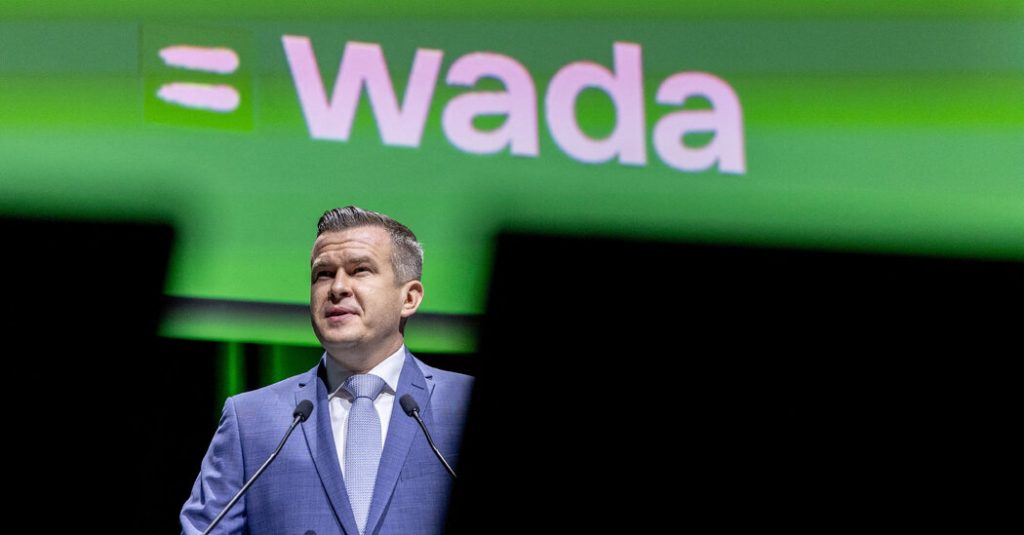The World Anti-Doping Agency (WADA) is currently facing allegations of helping to cover up positive tests by elite Chinese swimmers before the last Summer Games, raising doubts about the agency’s ability to ensure a level playing field for athletes at the upcoming Olympics in Paris. Athletes have expressed concerns about the credibility of WADA and the entire antidoping system, as some of the same Chinese swimmers are favorites to win medals in Paris. Pressure on WADA has increased, particularly from the United States, with calls for an independent investigation and doubts about the agency’s transparency in handling the allegations.
The Biden administration’s top drug official sent a letter to WADA demanding an independent commission be appointed to investigate the positive tests and urging the executive board to hold an emergency meeting. Additionally, a congressional subcommittee that funds WADA is seeking answers before supporting future funding. Athletes like Lilly King, a two-time Olympic gold medalist, have expressed concerns about the integrity of the competition and the adequacy of WADA’s efforts to prevent doping violations, highlighting the impact of the ongoing crisis on athletes preparing for the Games.
The silence from major stakeholders, such as NBC and Olympic sponsors like Visa, Airbnb, Coca-Cola, and Intel, in response to the allegations and concerns raised by athletes has raised further questions about the credibility of the Olympics. The New York Times reported that WADA failed to follow its rules in handling the positive tests of Chinese swimmers who tested positive for a banned drug, trimetazidine. Despite explanations provided by the Chinese antidoping agency, WADA’s actions have not satisfied athletes, sports officials, and antidoping authorities, leading to calls for a thorough investigation.
WADA’s appointment of an independent prosecutor, Eric Cottier, to review its handling of the case has also faced criticism due to potential conflicts of interest and lack of transparency. Mr. Cottier’s proximity to figures within WADA, the International Olympic Committee (IOC), and the sports movement has caused concerns among governance experts, questioning the impartiality of the investigation. Questions have also been raised about WADA’s public statements regarding the appointment process, adding to the uncertainty surrounding the handling of the doping allegations.
Athletes and officials are calling for increased testing globally ahead of the Paris Games to ensure a clean competition environment, but doubts regarding WADA’s effectiveness are unlikely to be resolved before the Olympics begin. Athletes like Lilly King have drawn parallels between the current situation and previous instances of doping controversies at major sporting events, emphasizing the need for a reliable and transparent antidoping system to maintain the integrity of sports. The ongoing crisis poses significant challenges to WADA’s credibility and the trust of athletes in the antidoping process.
As the controversy surrounding WADA and the handling of the Chinese swimmers’ positive tests continues to unfold, the global sports community is grappling with questions of fairness, transparency, and accountability in the fight against doping. The pressure from athletes, the US government, and Congress reflects the growing concerns about the efficacy of antidoping measures and the need for a thorough and independent investigation to address the allegations. The impact of the crisis on the upcoming Olympics in Paris underscores the importance of upholding the principles of fair play and integrity in sports.


